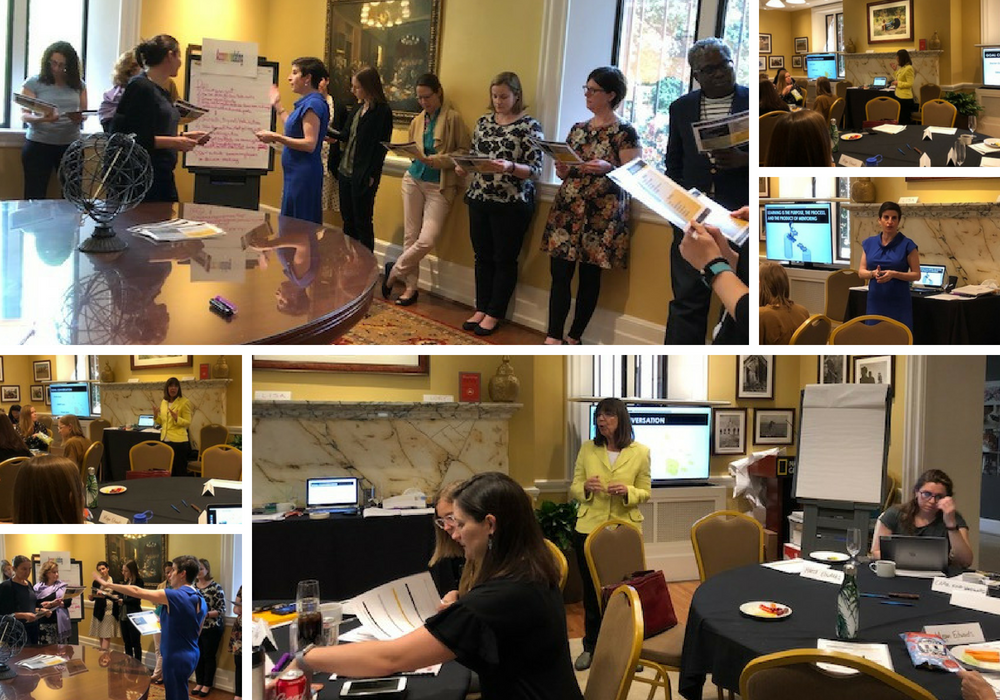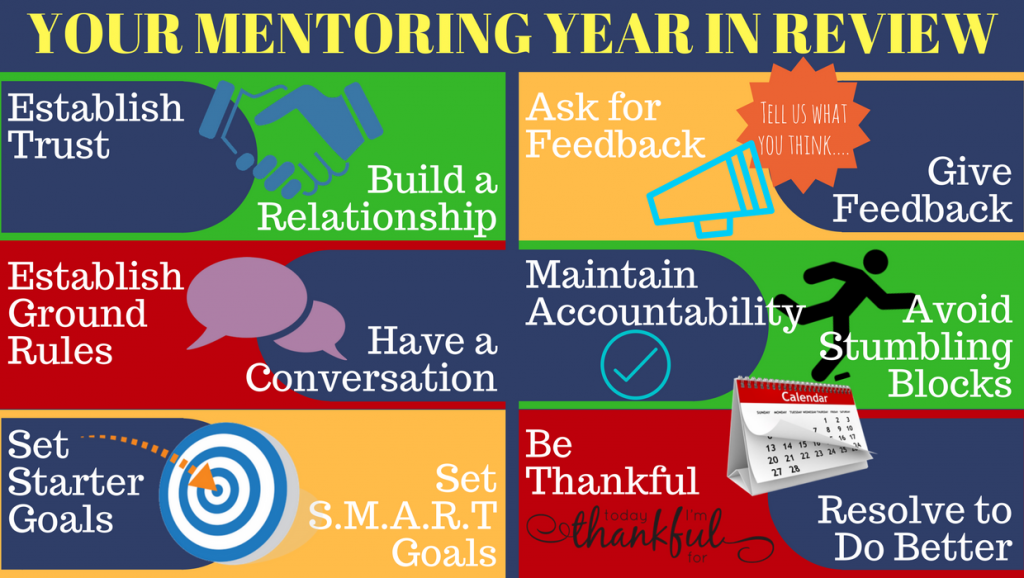
Mentoring the Mentors: Advice and inspiration for working with startups

Posted by: Rick Turoczy (Originally published at siliconflorist.com on July 3, 2012)
Around the time PIE was starting the accelerator phase of this ongoing experiment, David Cohen, cofounder of TechStars, shared the TechStars Mentor Manifesto. And it served as an inspiration for me. A post by Micah Baldwin, a former TechStars mentor, provided a similar nudge for me.
I’m often reminded to go back and reread both of these posts and am inspired, again and again. So I thought I’d take the opportunity to augment the PIE mentor guidance a bit with some things that we’ve learned from observing PIE startups and mentors over the years.
We shared these tips with the PIE mentors and a few of them suggested we turn it into a blog post for the broader mentor community.
So we took that mentoring to heart.
If you’re thinking about becoming a mentor for startups — either in a formal accelerator program or independently — here are some tips for thinking about how to work with entrepreneurs.
Read on here for 10 tips for mentoring startups.
Managing a Small Business: Don’t Try to Run a Business Without Having a Mentor

By Paula Pant Posted: 10/16/14 Updated: 11/10/17
In addition to helping large Fortune 500 companies, #mentoring is beneficial to small businesses as well. For Entrepreneurs, There Are Some Questions You Just Can’t Research Online
You’d love to become your own boss. You’ve always dreamed of starting a cake business, running your own car dealership, or launching a consulting practice.
Lately, that dream has morphed into a plan. You’ve built some savings. You’ve carved out a home office. You have approval from your spouse.
But there’s one incredibly important piece of the puzzle that you may be lacking: a mentor.
Why a Mentor?
You can read all the books about writing business plans, managing self-employment taxes and filing LLC paperwork. You can study the biographies of the leaders in your field. But unless you have a trustworthy person who can provide direct feedback that’s unique to your situation, you won’t be able to improve as quickly or as well.
Mentoring is essential in any field. If you’re a software programmer, meet with your mentor monthly to ask whether you should stick with JavaScript or learn Ruby on Rails. If you’re a professional writer, send your mentor one article per month and ask for feedback on style and tone. If you flip houses, show your mentor your operating budget and request advice on how to manage contractors.
So where can you find a mentor? To read the rest of this article click here.
Mentoring Training at National Geographic

Lisa Fain and Lory Fischler facilitate Mentoring training at National Geographic in Washington, DC on May 2, 2018
Your Mentoring Year, Recap

You’ve come so far in your mentor/mentee relationship! Take a breath and take a look at all you’ve accomplished over the past 12 months.
Do you remember where you began a year ago? What was the quality and tone of that relationship then? What were your goals and visions?
Where are you now…and even more exciting, Where are you headed for the next 12 months?
Next month we begin a whole new series of tips! So, dream, journal and wonder at your next level…and stay tuned for more.


